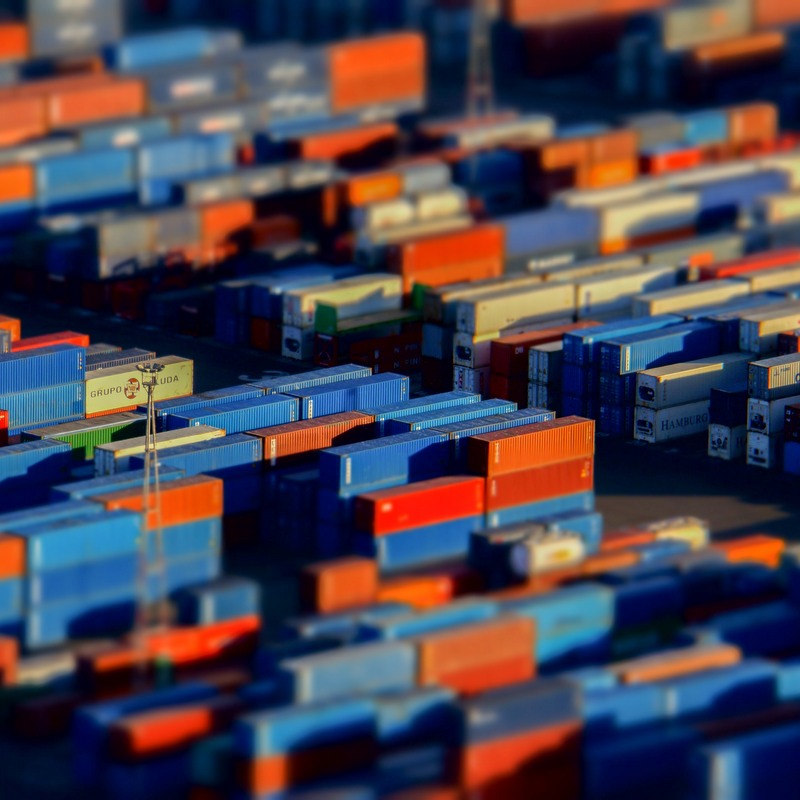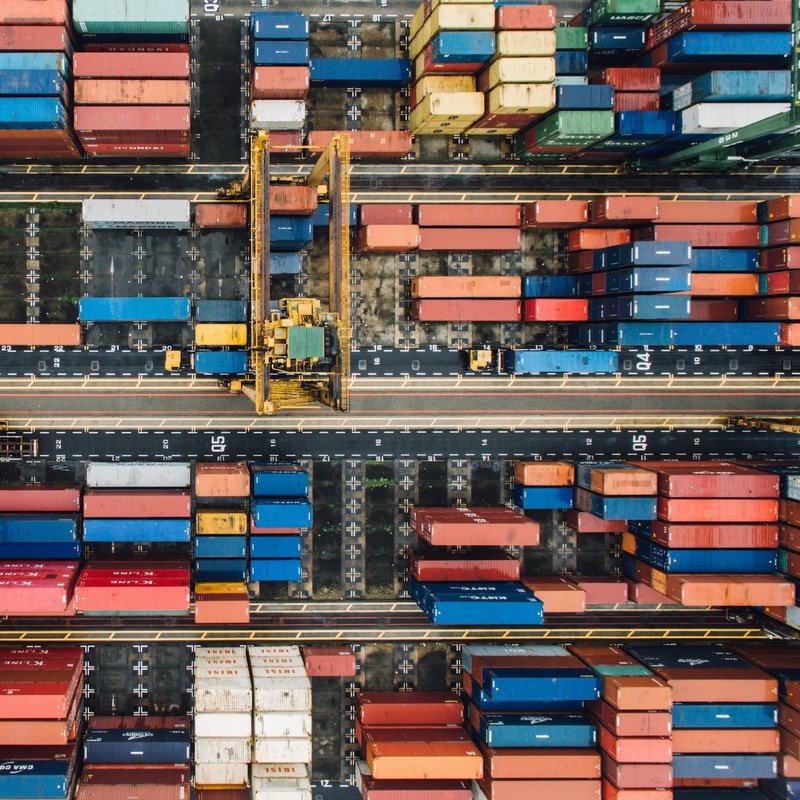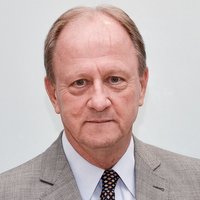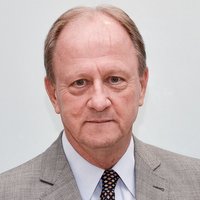Register to continue reading for free
Heitor Klein (ABICALÇADOS): EU-Mercosur brings challenges but will result in gains for all

The words are from Heitor Klein, the man who headed Abicalçados in the last 6 years. As Klein prepares to step down from the Presidency, we took the opportunity to discuss the main trends of the footwear industry and bring you the highlights of that conversation today
Heitor Klein has been the Executive President of the Brazilian Footwear Industries Association (Abicalçados) since April 2013, but he joined Abicalçados many years before. From 1992 Klein has been Executive Director and he also coordinated the Brazilian Footwear – the Program for the Promotion of Footwear Exports, developed in partnership with the Agency for Promotion of Exports and Investments (Apex-Brazil). Before joining Abicalçados, Klein was a professor of General Accounting and Management Accounting at the Feevale University in Novo Hamburgo / RS, where he graduated in 1975. He worked as a companies’ adviser as well.
As Mr Klein prepares to step down from the position of Abicalçados’ Executive President by the end of July, we wanted to, once again, hear his views on the state of our industry. Below you can read some of the main ideas of a nice talk with a man who defines success using 3 words: talent, work and persistence.
The biggest challenges
When asked about his biggest challenges while heading Abicalçados Heitor is clear: his challenges were the challenges of the Brazilian footwear sector and he lists a few straightway: “to make our manufacturing industry more competitive; to create better conditions for production; to defend the Brazilian Industry, especially concerning the impact of illegal practices; to develop the sector through capacity building and export promotion projects (mainly maintained by Abicalçados in partnership with Apex-Brasil).
The footwear industry in Brazil
Klein underlines the strength of the industry in Brazil, which is defined by himself as ”one of the biggest Footwear Clusters in the World”, having the advantage of an in-house concentration of all the players of the supply chain.
The footwear industry in Brazil benefits from having an immense domestic market, and in fact, 85% of the Brazilian production (about 940 million pairs) is currently sold in the domestic market. But there are always two sides, and this limits the expansion of footwear exports. On top of that, Klein underlines two internal constraints: high production costs with impacts on the competitiveness of Brazilian footwear abroad and the constant exchange rate fluctuations.
Notwithstanding, the Brazilian Footwear program has been in place for years now and the results are positive: exports benefited from higher volumes and Made in Brazil footwear can be found in 160 countries already. Future perspectives are also good as the Brazilian Footwear Program has just been renewed for the next two years. In total, approximately 8 million US dollars will be invested in the promotion and commercialization of Brazilian footwear abroad. Among the main actions are the participation in some of the main footwear fairs in the world (Micam, Expo Riva Schuh, FN Platform etc), the realization of the Vip Buyer Project, which brings importers to national events, among other projects. Innovative actions are also planned, such as the Digital Influencer Project (DIP), which will work with US influencers for the dissemination of Brazilian footwear in the United States, as well as the Sales Project, which will take Brazilian companies to overseas buyers' offices, facilitating and optimizing negotiations.
Sustainability: a real concern or a fashion trend?
Heitor Klein didn’t hesitate to answer: “We see sustainability, in its environmental, economic, social and cultural pillars as a path with no return to the industry. We believe that companies not adapting to this issue will not survive for long, because it is a market demand and not just a temporary trend. In addition, the development of a solid sustainability program qualifies the entire business management process and brings advantages to the businesses”.
In his view, the costs arising from the application of sustainability concepts are largely absorbed by the gains resulting from that strategy, especially as they can add to the perception consumers have of the brands: “it is exactly those companies adhering to these principles that have more success in the preference of the consumers and, consequently, in the markets”.
Industry 4.0
The new concepts of Industry 4.0 are seen by Klein as decisive for the development and survival of companies. Globalization and market opening will intensify competition between companies and will increasingly require producers to supply the market with better and more economical producers, reaching all stages of management, from development, supply, manufacture, promotion and distribution.
EU-Mercosur Agreement
The conclusion of the Agreement was very much celebrated in Brazil by the footwear sector, and there is great expectation regarding the integration resulting from its implementation. Klein goes even further: “I would like to remind you that Abicalçados and the European Confederation of Footwear have been working together for more than ten years in this regard. Of course, it represents a major challenge for everyone involved and on both sides to adapt to the new circumstances. But we will certainly find the convergence that will lead to gains for both parties. We all need to understand that there are huge prospects for cooperation between European and Mercosur producers and the deal should not been seen as a way of individually seeking market gains from the other party”.
The future of the industry
The future is full of challenges and the companies able to respond quickly and more effectively will succeed. What factors can help with that? “Advancing rapidly in the application of advanced manufacturing concepts, being able to understand the wishes of consumers and enthusiastically follow the constant innovations in the market, especially in the distribution area”, Klein concluded.






